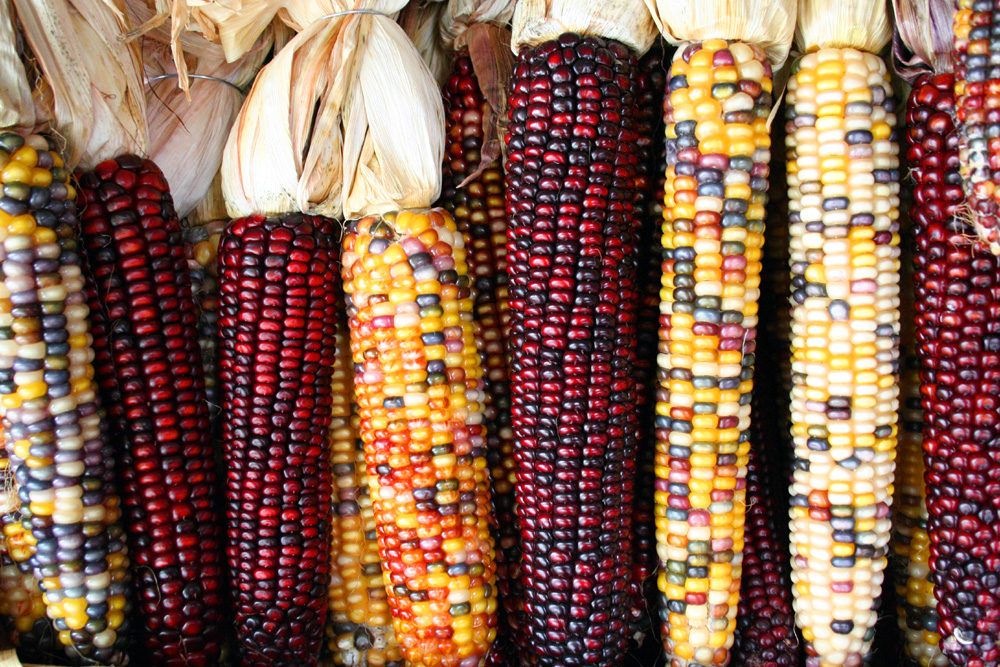 |
| Maize |
The distribution of
fertiliser products to Nigeria's farmers has been a long running
problem in Nigeria. There are huge challenges facing businesses looking
to effectively distribute their products in a way that is reliable,
efficient and cost-effective for both the distributor and the end users.
"Our nation's
small-scale farmers have suffered for too long in the face of a poorly
funded and inefficiently executed distribution chain that has failed to
provide them with the fertiliser products they so desperately need in
order to raise the productivity of their farms," Notore CEO, Onajite
Okoloko, recently expressed.
FUNDAMENTAL CHALLENGES
One of the most
important obstacles is the state of existing infrastructure in Nigeria.
Poor roads, a lack of investment and a challenging climate all combine
to make it difficult for any distributor to trust that they can rely on
the network to deliver their products on time at a reasonable cost.
Consider this incredible statistic: Nigeria loses around two per cent of
its Gross Domestic Product (GDP) every single year because the nation's
infrastructure simply is not up to the job. Taking Nigeria's GDP in
2016 as N101.59 trillion, that represents a loss of around N2.03
trillion.
FAILING CUSTOMERS
Another issue with
fertiliser distribution chains in Nigeria in the past has been that the
products have failed to reach or be accessible to those who need them
most - and when they do, they are either adulterated to increase profits
before they are sold on, or have been distributed in quantities that
many small-scale farmers have been unable to afford. Farmers have had to
travel long distances to buy fertilisers that are poor quality to begin
with, and have then tried to use them without the support network of
experienced and professional advisers who could help them to use the
products effectively. The end result has been that many farmers have
come to see fertilisers as expensive and ineffective - and strictly in
terms of the experiences that many have with inferior, overpriced
product in the past, it is hard to disagree with them.
A NEW WAY FORWARD
However Notore's
revolutionary model for its fertiliser supply chain is beginning to
change these perceptions. Notore's approach improves on what has gone
before in a number of ways.
The first is in
terms of affordability and wealth generation. Notore took a huge step
forward by breaking bulk and reducing bag size - making it easier for
small farmers to buy its products - but they have also created a supply
chain that encourages entrepreneurship at a local level. Its extensive
network of Village Promoters are now effectively running their own small
businesses, selling on the products to local customers at an affordable
rate.
This wealth
generation extends to the Agro Dealers who supply the Village Promoters,
and indeed the Transport Partners who supply the Agro Dealers.
CHANGING PERCEPTIONS
The second benefit
Notore's unique approach to its distribution network has brought is that
it is making a huge difference in terms of farmers' perceptions of
fertiliser use. Thanks once again to the dedication and expertise of
Notore's Village Promoters and its teams of extension workers on the
ground, farmers are now seeing the direct, and very practical benefits
of using premium fertiliser, in the correct way, on their land.
"It's a gradual,
but very real revolution," said Mr Okoloko. "We're beginning to make
real progress in terms of domestic fertiliser use, and our
ground-breaking model for distributing has had a big part to play in
this."










No comments:
Post a Comment